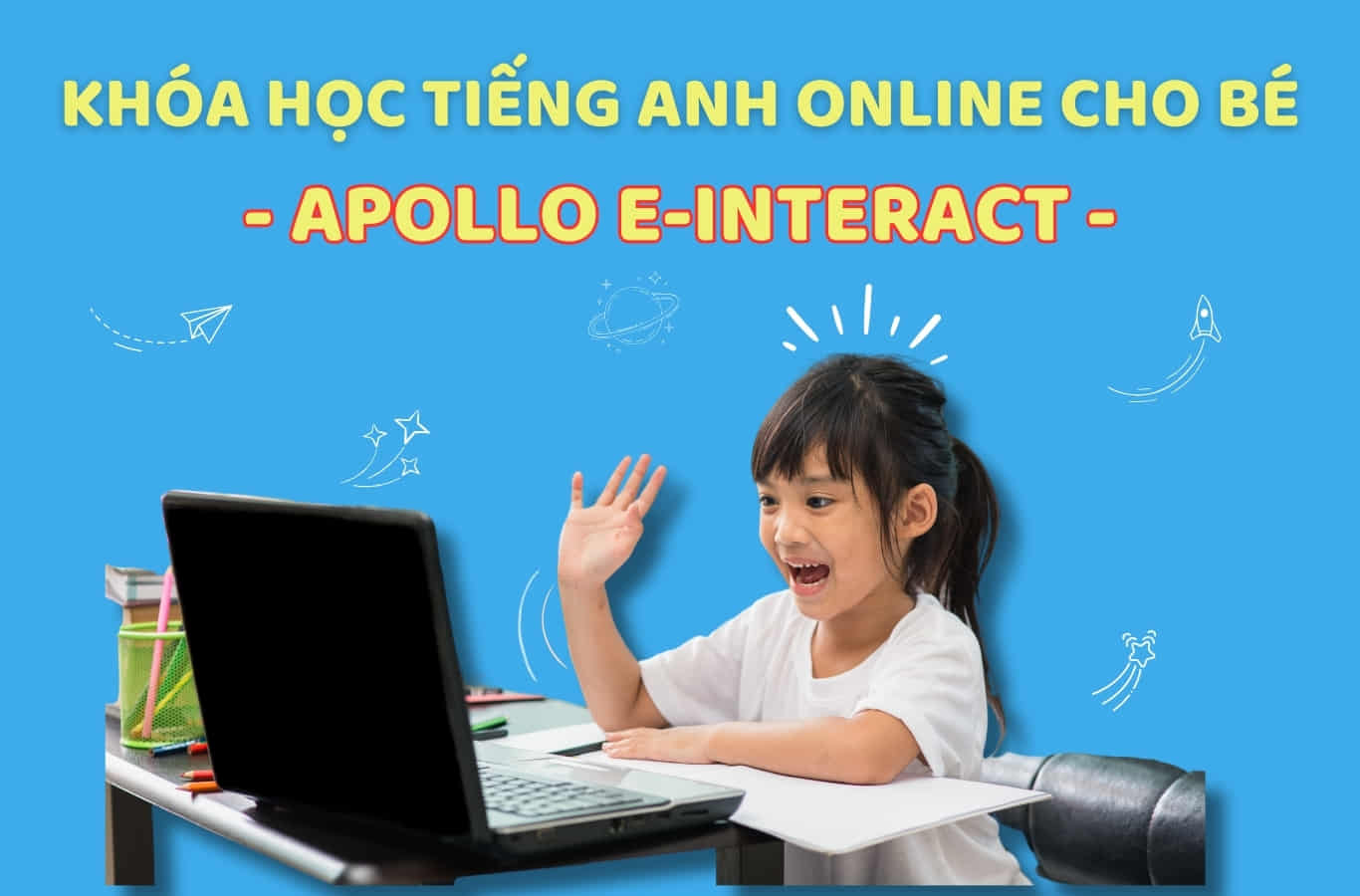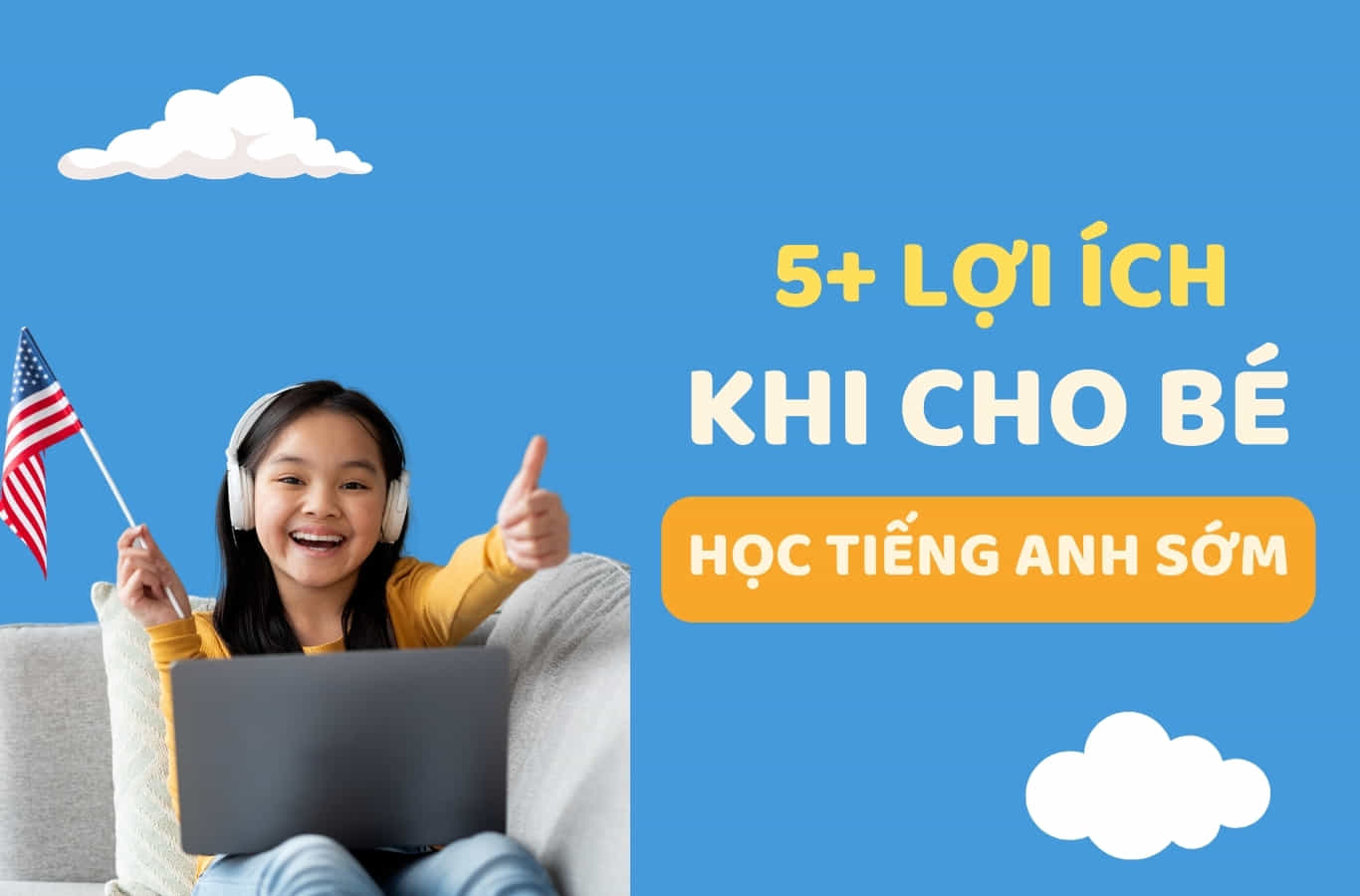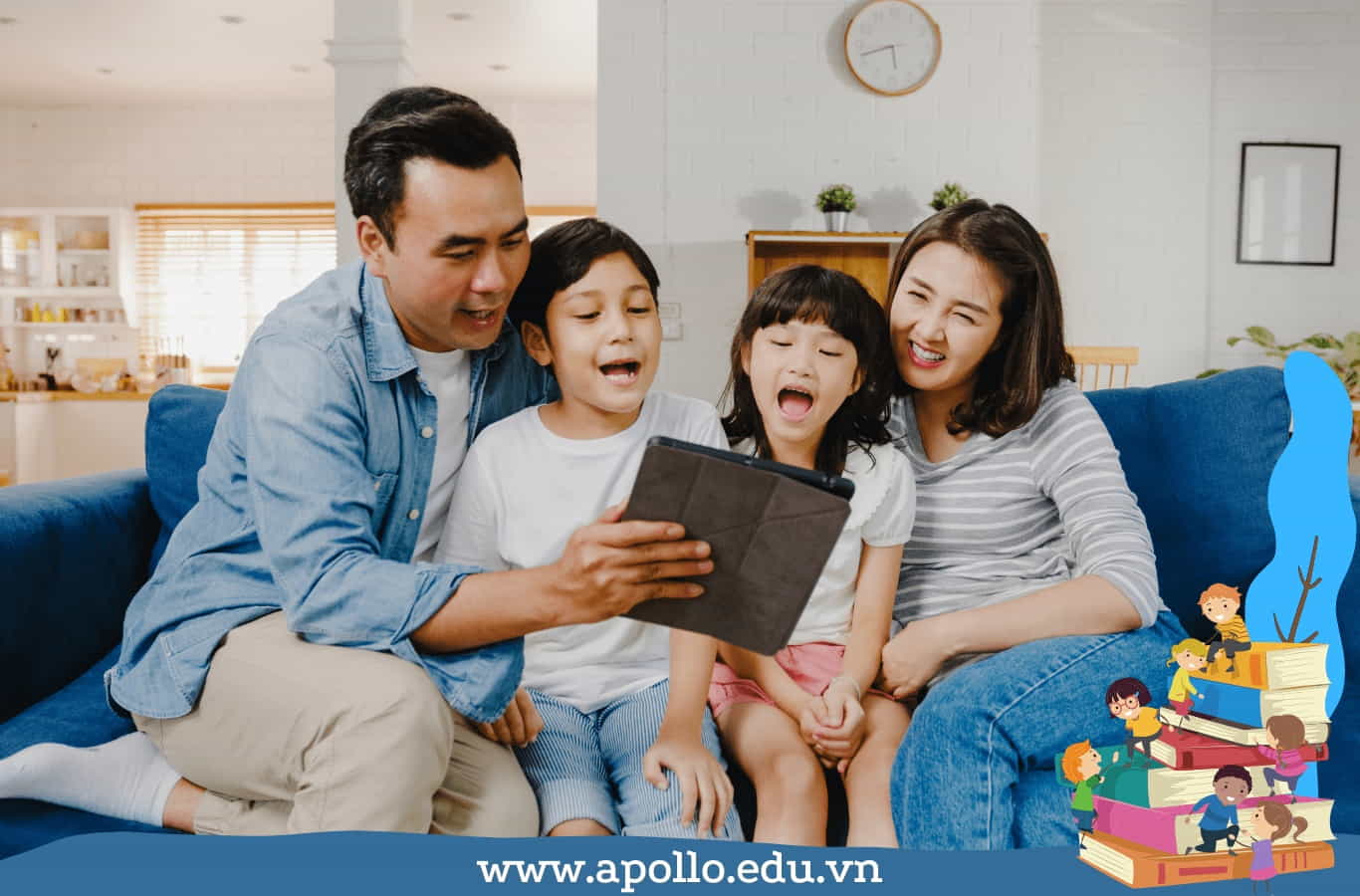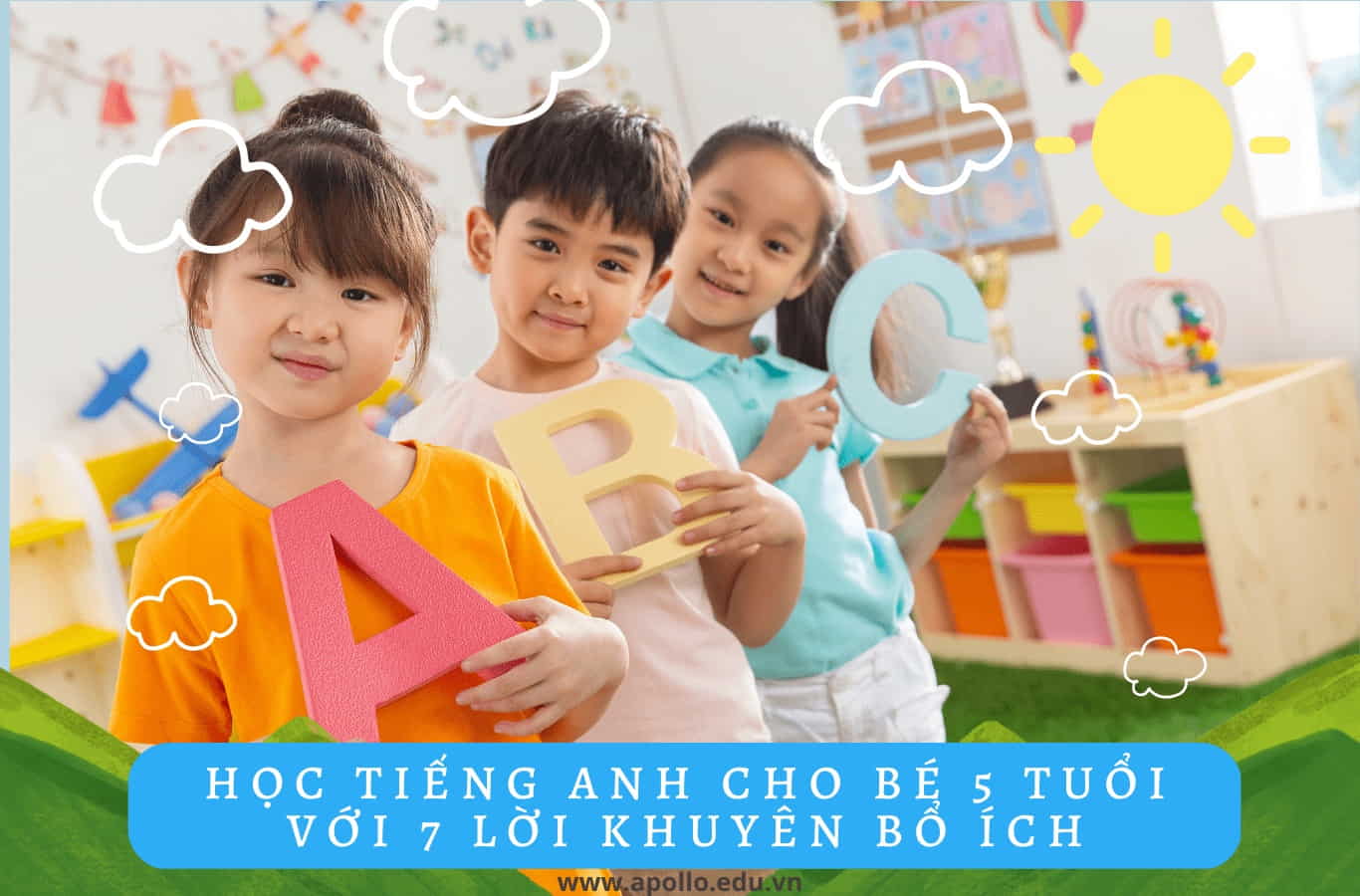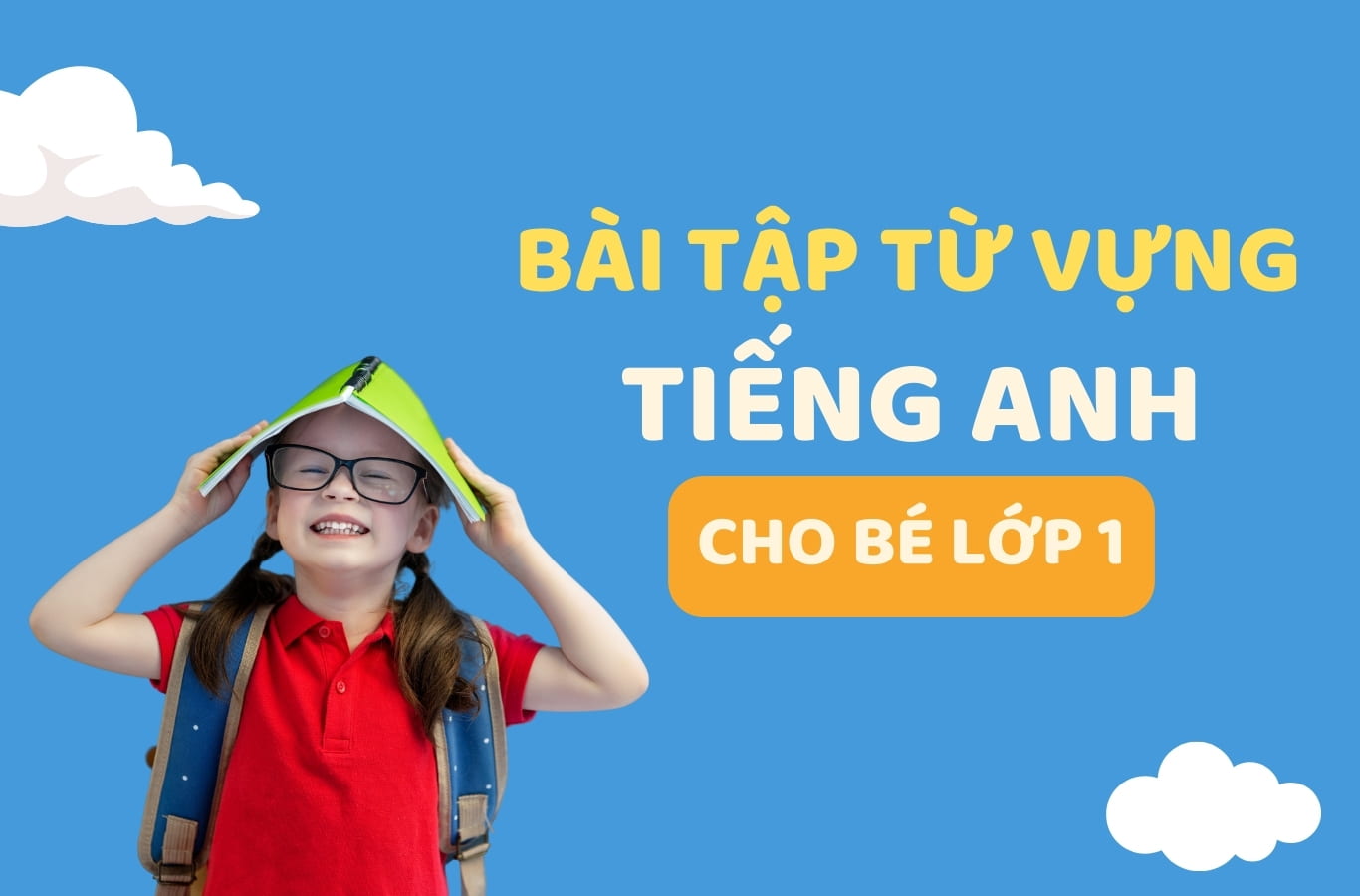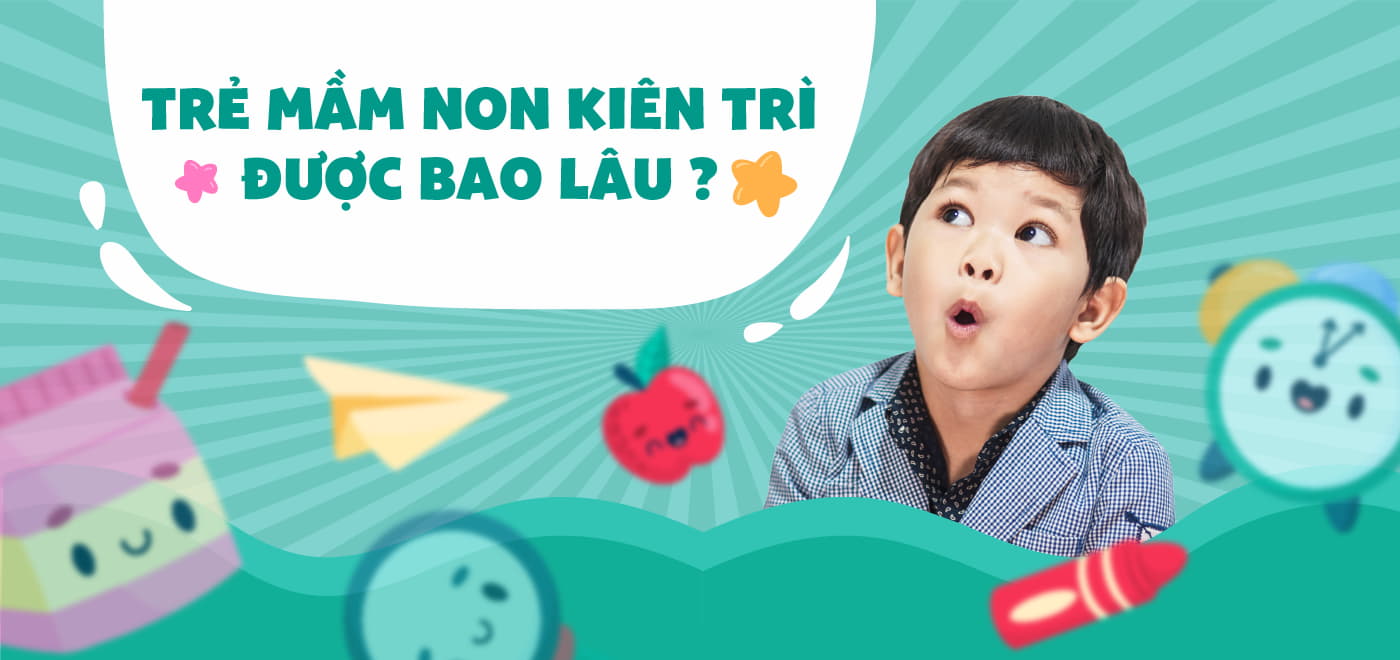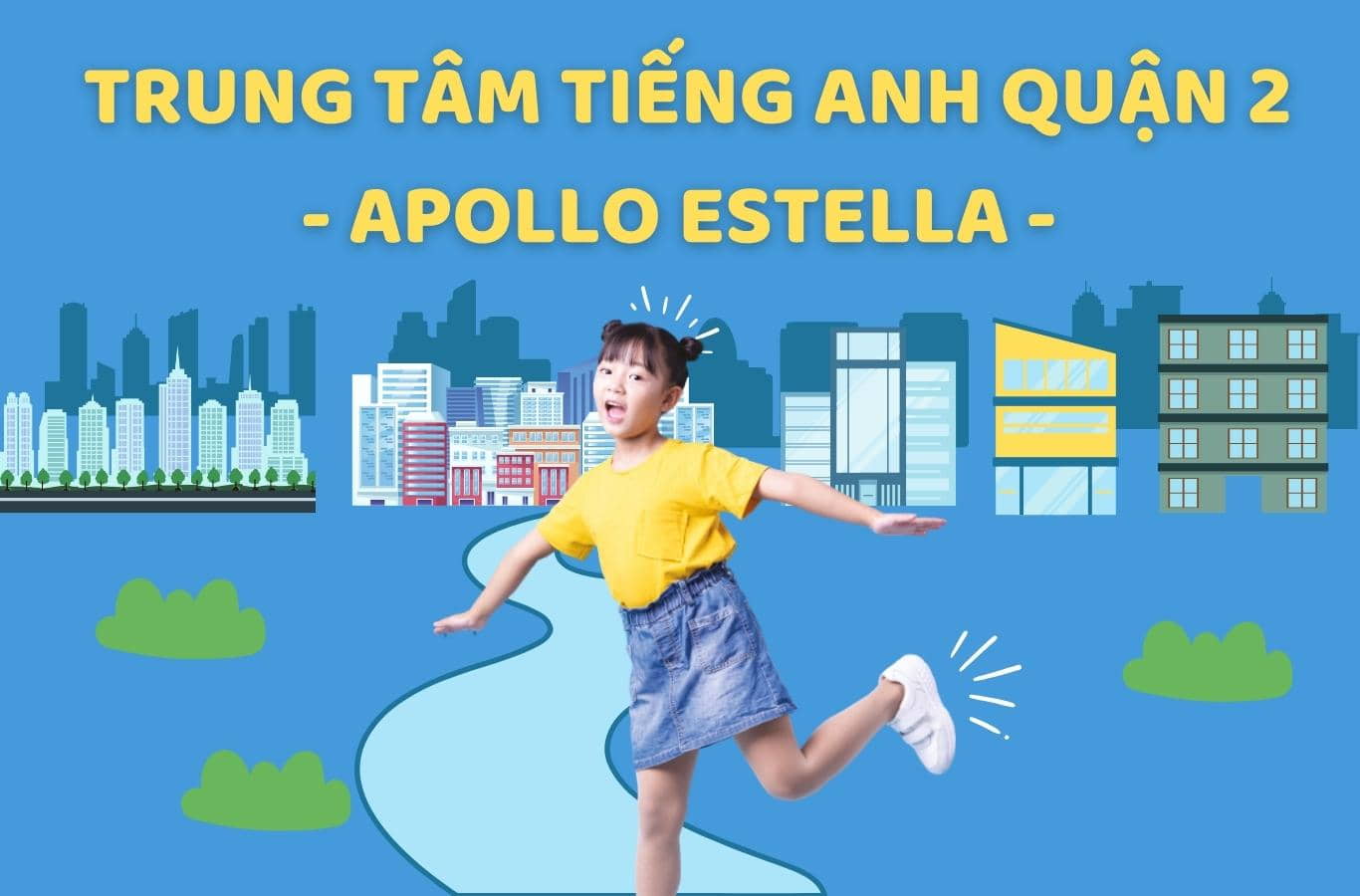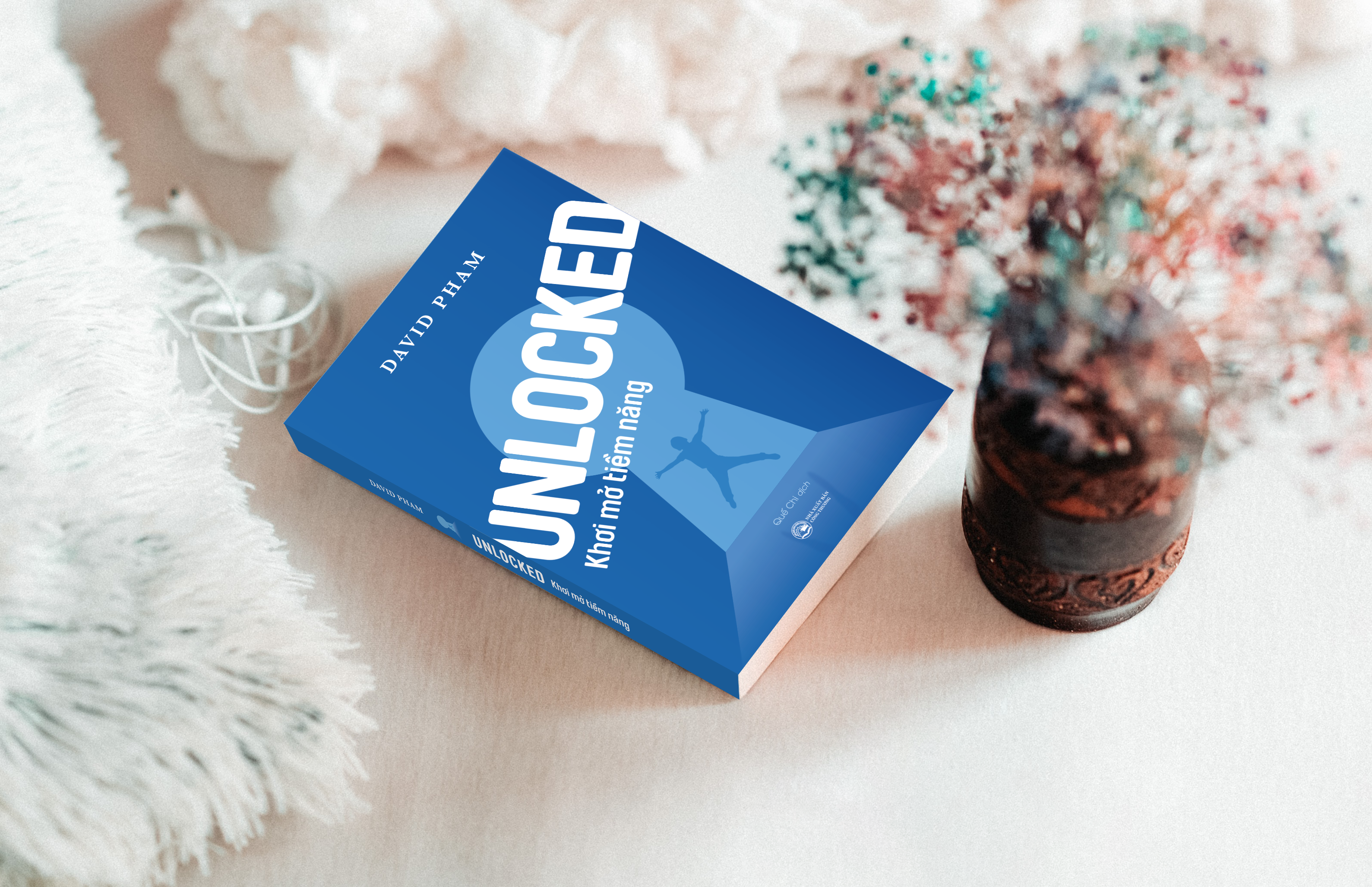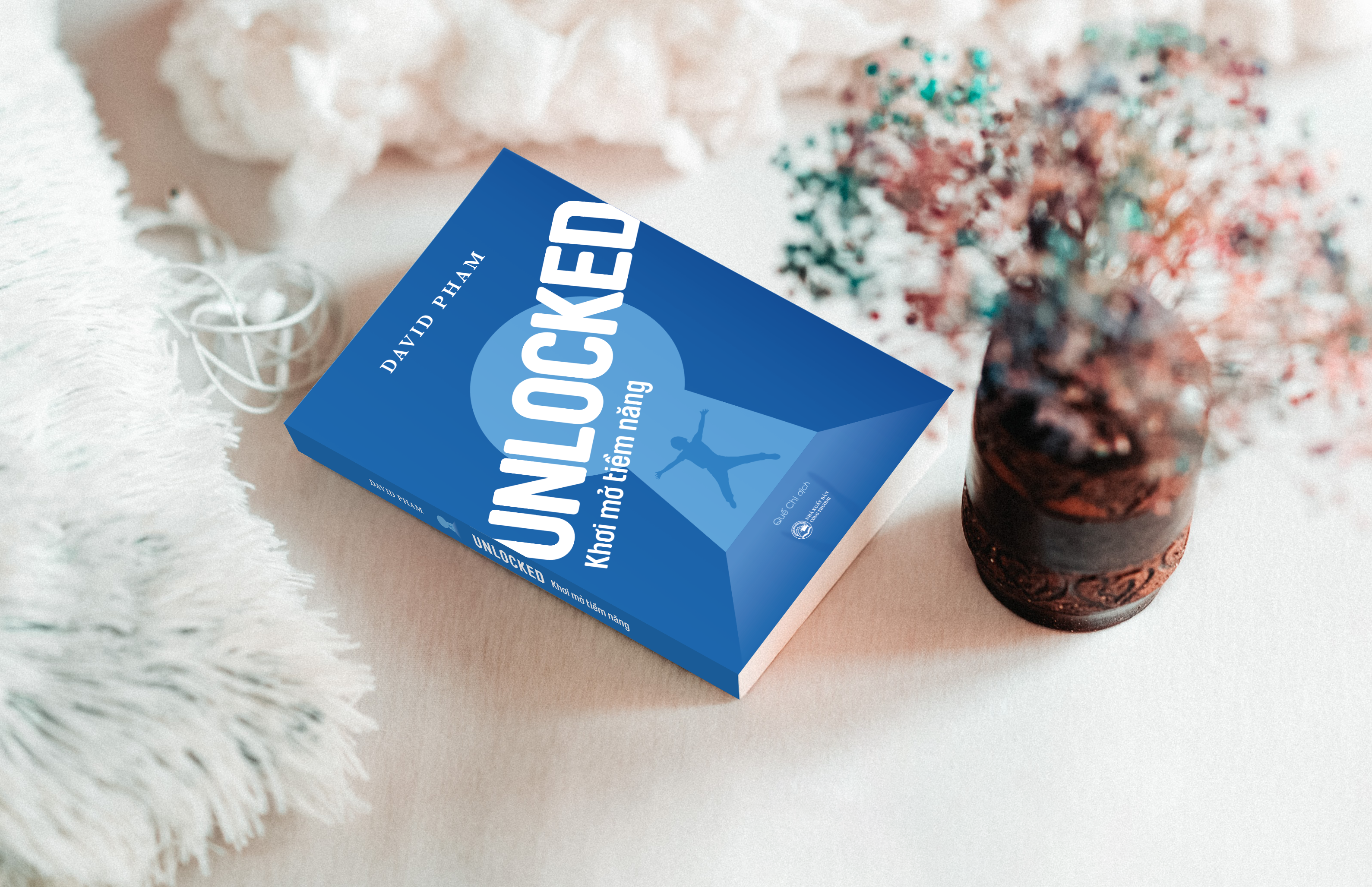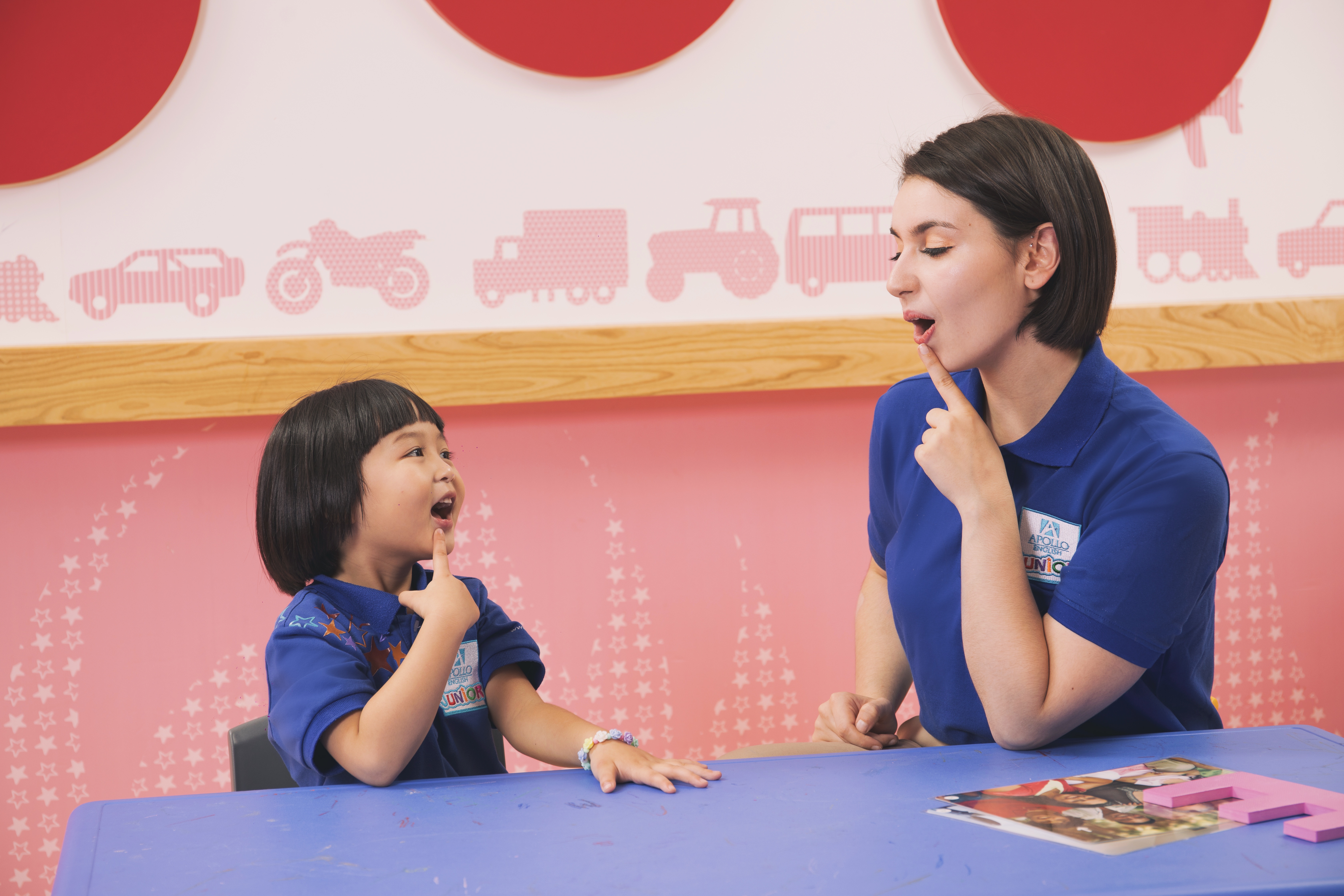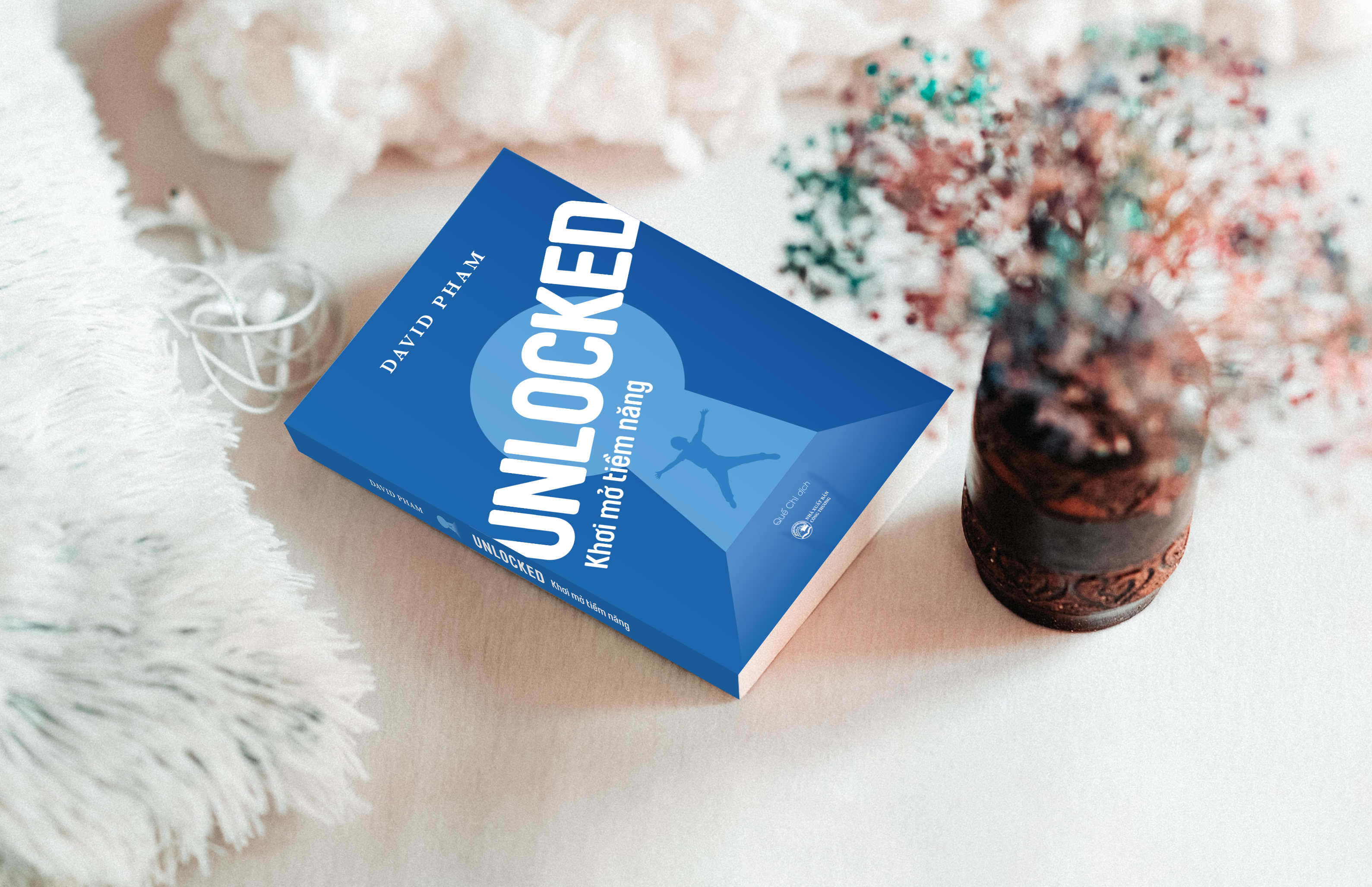CHAPTER 4: TRIGGER CURIOSITY AND HUNGER
Please try to spend 15 mins brainstorming for yourself, try to answer these questions before reading:
1. Why curiosity and hunger are important?
2. How to spark curiosity and hunger in children?
Space for your notes:
.............................................................................................................................................................................................................................................................................................................................…
.............................................................................................................................................................................................................................................................................................................................…
.............................................................................................................................................................................................................................................................................................................................…
.............................................................................................................................................................................................................................................................................................................................…
On my twelfth birthday, I was given an eye-opening gift by my teacher. It was a book called How Stuff Works by Marshall Brain. And it changed my life.
The book allowed me to read about so many different things and understand how they work, such as how an airplane takes off or what happens inside the toilet after pressing the flush button. I consider that gift to be one of my most significant personality-changing moments. I started to question the world around me and desired the knowledge that came with it; this force came from within me. I went to buy more encyclopedias and books ranging many genres. I slowly filled my bookshelf with books leaning toward the personal development category rather than purchasing comic books or fiction books as my peers mostly consumed. This was also the first time I realized I might want to attend business school to understand how finance, trade between countries, manufacturing of products, and many other fields worked. My curiosity was ignited.
When we talk about education, when we send our children to an institution, we expect that our children will learn something new from the teachers. Teachers know these expectations and try to deliver knowledge to their students. However, the best teachers are not only good at providing information, but rather they spark interest in their students, making them want to learn more about a topic, even after the lesson is over. The best teachers know time in class should be used to make students more curious so that when the class is over, students will continue self-learning about the world. Therefore, the purpose of education is to ignite curiosity in a student.
Curiosity is a state of active interest or genuinely wanting to know more about something. It allows you to embrace unfamiliar circumstances, giving you a greater opportunity to experience discovery and joy
(BROWN, 2015)
The study called States of Curiosity Modulate Hippocam- pus-Dependent Learning via the Dopaminergic Circuit shows that curiosity essentially primes the brain for learning (Gruber, Gelman, and Ranganath, 2014). Moreover, a psychology professor, George Loewenstein, proposed that curiosity is not only a mental state but also an emotion that pushes us until we complete gaps in our knowledge (Brown, 2015). If we can make students curious about a topic, they will want to know more and learn more by themselves. The world becomes boundless.
THE UNSTOPPABLE FORCE
Another important element, equally important as curiosity, is hunger—the desperate need and want of something. Hunger is what Dan Lok, a motivational speaker at a TEDx Talk called The Unstoppable Force—The Real Difference Between Success and Failure, mentioned to be the key that drives us to achieve any goal we set. He shared that if we are hungry for something, we will find ways to get it. We will overcome any difficulties if we can cultivate a hunger for it (TEDx Talks, 2017).
Dan Lok is a Canadian entrepreneur whose parents divorced when he was sixteen years old. His dad, later on, went bankrupt, and his mum did not have a job, so he was on his own. Dan said, “To fund my crazy business ideas, I borrowed money from relatives. I failed thirteen times in three years, and by my twenty-first birthday, I owed 150 thousand USD” (Lok, n.d.).
Because of all these life events, Dan grew a hunger to flip his circumstances. After six years of hard work, he added, “I learned to write copy, started my one-person advertising agency, and earned my first significant profits. By age twenty-seven, I was a self-made millionaire. My only dream was to take care of my mother” (Lok, n.d.).
Hunger is also what Steve Jobs mentioned in his 2005 Stan-ford University commencement address: “Stay hungry, stay foolish.” We should always strive for more, and we should always try out new things. We should keep the burning fire inside us and never be too satisfied with the present. Staying hungry is what keeps us wanting to improve ourselves and our world.
After connecting the dots from both Dan Lok and Steve Jobs, it seems to me that successful people first get into a life situation, where nothing goes in their favor, they endure hardships after which they get hungry, they possess the determination to influence the direction of their lives. More importantly, once they conquer the hardship, they still keep telling them-selves to continue, to stay hungry, to not settle down.
Is there a way to cultivate hunger without going through hardship? I believe there is a way, but the person really needs to find a source of strong inner motivation. The motivation to escape poverty or hardship is really strong. If we don’t go through any hardship in life, then we need to find a different purpose for a strong inner drive. Simply, it can be the motivation to prove to our peers that we are better than they think.
MOMENT OF IMPACT
I like to call the moment of unleashing one’s inner hunger for change, the “moment of impact.” My moment was in grade six or seven, at about twelve to thirteen years old.
My parents were selling newspapers at that time, so one of the perks included reading newspapers for free, every day. We also had plenty of old newspapers from previous days. I opened all economic, business, or similar valuable articles, and I started collecting, cutting out interviews with successful people. In many of the interviews, titles of recommended personal development books were often shared, so I found a way to get to those books to read them.
From that time, I started to plan my future more. I began to set goals, both long-term visions, and short-term targets. I also started to reflect more at the end of each year about what I accomplished and how I progressed. The first major ambitious goal I set for myself was to get admitted to one of the best high schools in the Czech Republic, although I knew chances weren’t high, as there were limited spots and intense competition. Luckily, I scored just enough in the entrance exams to be admitted (the school opened ninety spots that year, and I was somewhere around the seven- ty-third place).
After admission, I was incredibly hungry to learn, and by the end of high school, I was one of the best in class. The “fire” inside me continued to university, where apart from studies, I joined many student clubs and organizations as well as worked part-time jobs and went on international internships, conferences, and exchange programs supported by scholarships throughout my bachelor’s and master’s studies.
My inner hunger was intense. At school, we must promote this curiosity to help students clearly identify their inner hunger to guide them toward planning the steps to reach their goals, as well as the sacrifices needed to reach the desired result. If they are curious about something and have inner drive, students will want to research the subject with- out anyone’s push.
Imagine a scenario where we have two characters, one person named Frank and one named Dan. Both of them are about eighteen years old. Frank comes from a family where everything is working well. His parents are financially secure. Each of the parents drives a Mercedes-Benz to work. Frank goes to a private school and has the latest model of an iPhone. He has no struggles in life. He can buy what he needs and wants. After school, he can join some clubs at school or go home to play some games. Frank excels at school. He is very intelligent and always does his homework.
On the other side, we have Dan, whose parents are not wealthy. They have one pre-owned car, and Dan goes to the cheapest school in a district. Dan’s parents are self-employed, having a small local butcher shop. After school, Dan sometimes needs to go to the shop to help his parents. At school, Dan is just an average student and doesn’t always have enough time to complete his homework.
One day, both boys get an idea to form their businesses in e-learning, hiring teachers and matching them with potential students, taking commissions from each transaction. The major difference between the two is that if Frank wants to start a business, his parents can easily support him financially. In contrast, Dan would have to prepare a detailed business plan to secure money from investors.
For Frank, it is pretty easy. He tries it, and if he fails, nothing major results from the fallout. Dan, however, has much farther to fall. Failing could mean financial instability and a loss of inner drive for fundraising in the future. The inner drive, inner hunger for this project to succeed are diametrically different in these two characters. Dan likely has more determination to do everything in his power to avoid abandoning this project, while Frank can always start over and over again.
From this scenario, we can already see that Dan will have a much higher probability of success, despite not having the strongest original connections, the financial resources, or the best education or intelligence to support him. Curiosity and hunger to understand how the world works and how goals can be reached are the invisible and deciding factors separating those who achieve results from those who do not.
“How much do you want it?” that is the key question to ask—if someone sets their mind to something and genuinely desires something, they will be able to fight through the odds stacked against them to reach it.
If we search for the term personality traits for success on the internet, almost 100 percent of the articles we find include words like drive, determination, grit, willpower, commitment, persistence, or perseverance (Sykes, 2018). All of these are either synonyms or results of the hunger to get things done.
CONNECTING THE DOTS
Both at schools and home, the aim should be shifted toward creating opportunities and exposing students to situations where they can cultivate their authentic curiosity to keep the fire, the hunger within them. Sometimes, letting kids deal with a bit of hardship, letting them fall and get up by them-selves, is better than protecting them from absolute danger, from not falling at all.
The inspirational story of Dan Lok on how he overcame obstacles after his parent’s divorce, the quote from Steve Jobs (who once was an adopted child), are examples that the inner drive, inner hunger for a change, resulting from difficult life conditions, can spark curiosity and together they can change the rest of a person’s life direction.
To unlock a person’s full potential, they need to stay curious and hungry to constantly learn and work on improving themselves, on getting better and better in their field, every single day.
DAVID PHAM
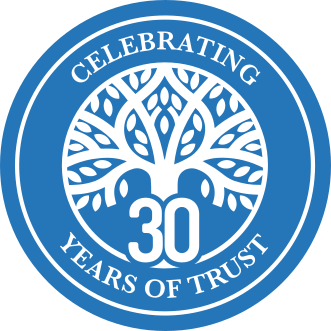

 English
English
 Tiếng Việt
Tiếng Việt



 Trung tâm Anh ngữ Apollo Việt Nam
Trung tâm Anh ngữ Apollo Việt Nam



-miLvgkuA1rT13CGj.jpg)
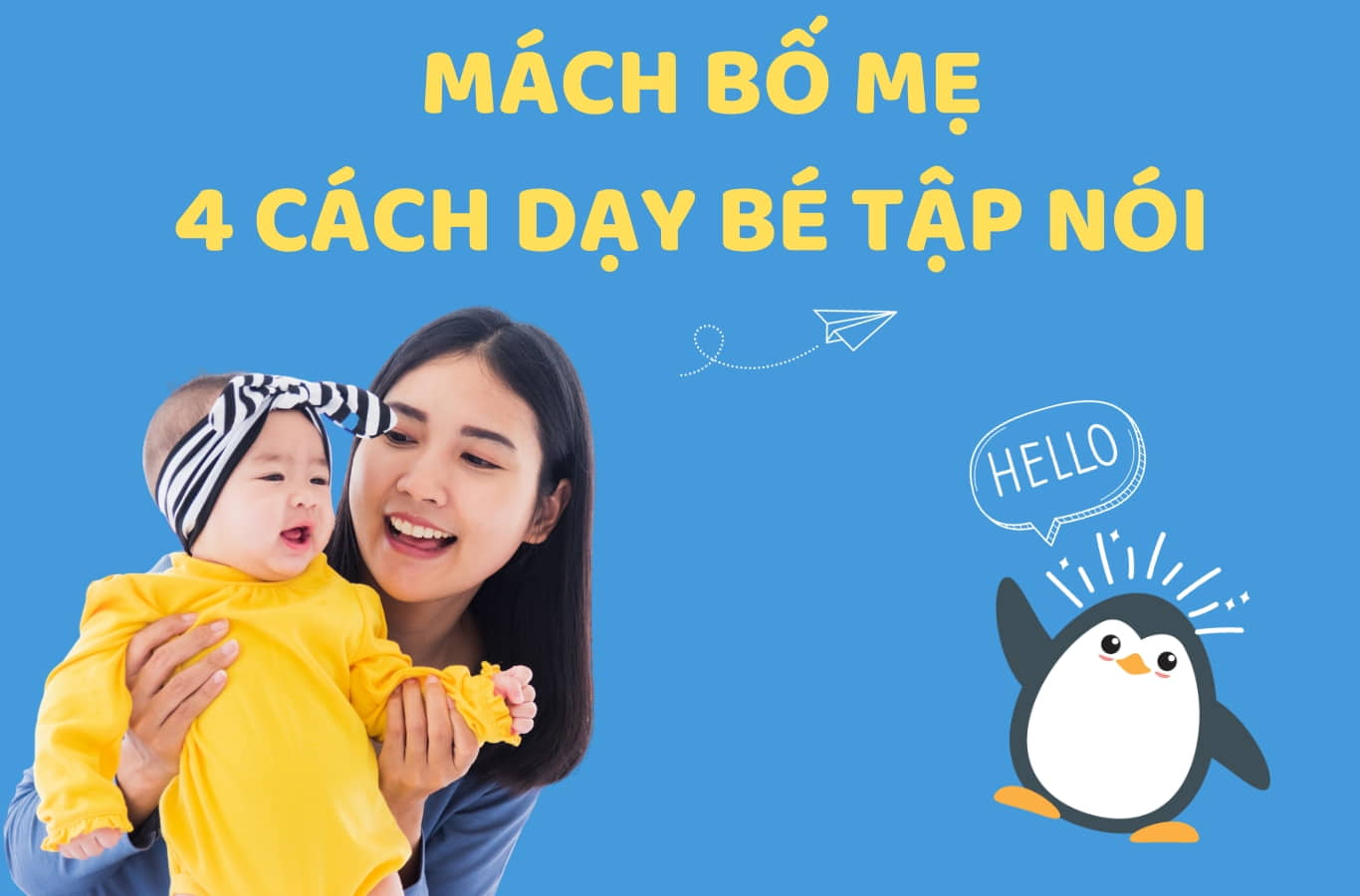
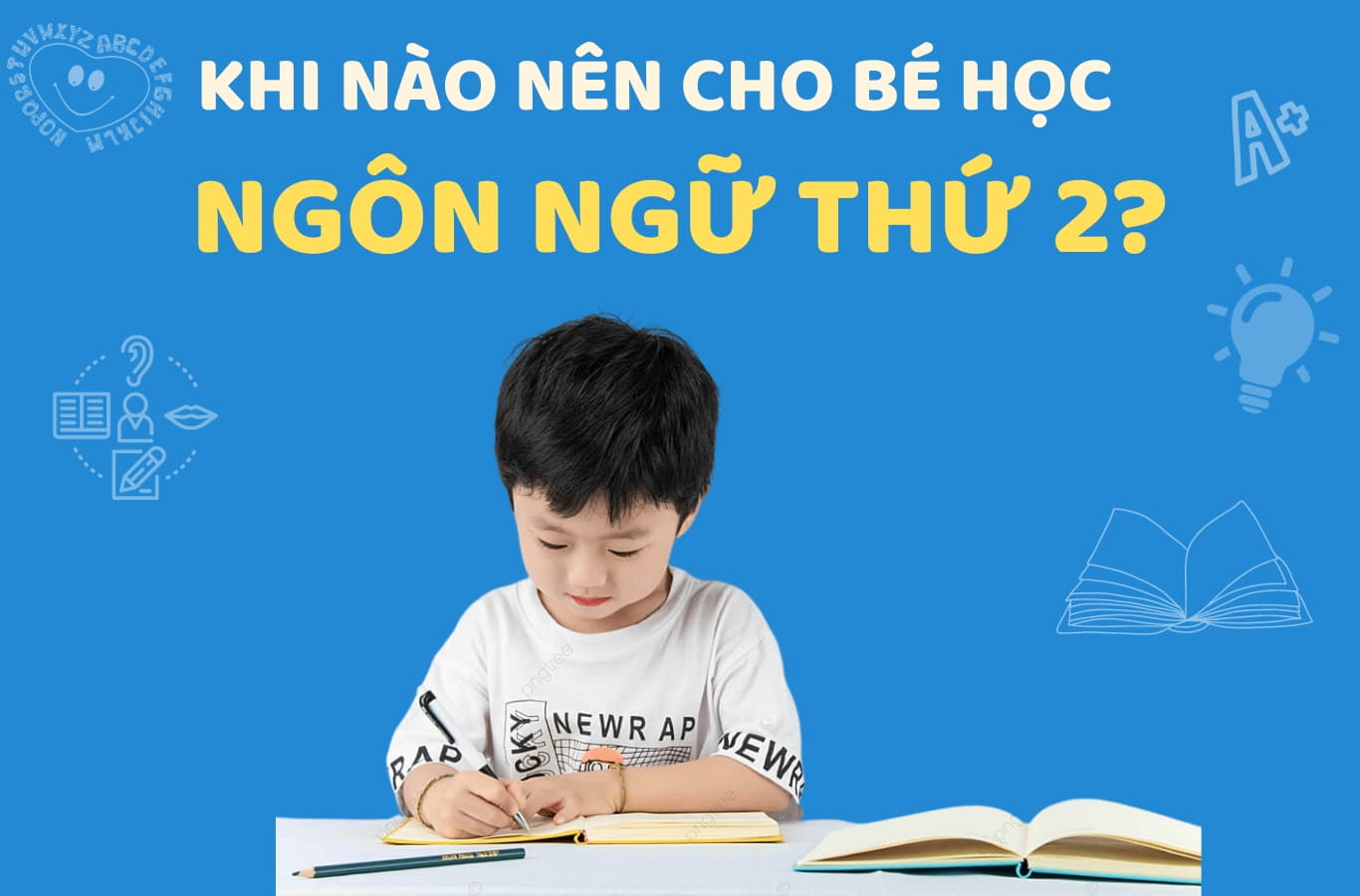
![350+ TỪ VỰNG TIẾNG ANH CHO BÉ THEO NHỮNG CHỦ ĐỀ QUEN THUỘC NHẤT [KÈM FLASHCARD]](/attachments/2023/12/tu-vung-tieng-anh-cho-be-M4HEgr4fSYlmqYF3.jpg)
